I love grocery shopping. Is that weird?
I always go in with a plan, and just enjoy wandering the isles looking at all my options, browsing new products and dreaming up new recipes. Healthy habits start at the grocery store, and so do sustainable choices that reduce waste.
Check out the below zero waste grocery shopping guide for tips on reducing your waste starting at the grocery store.
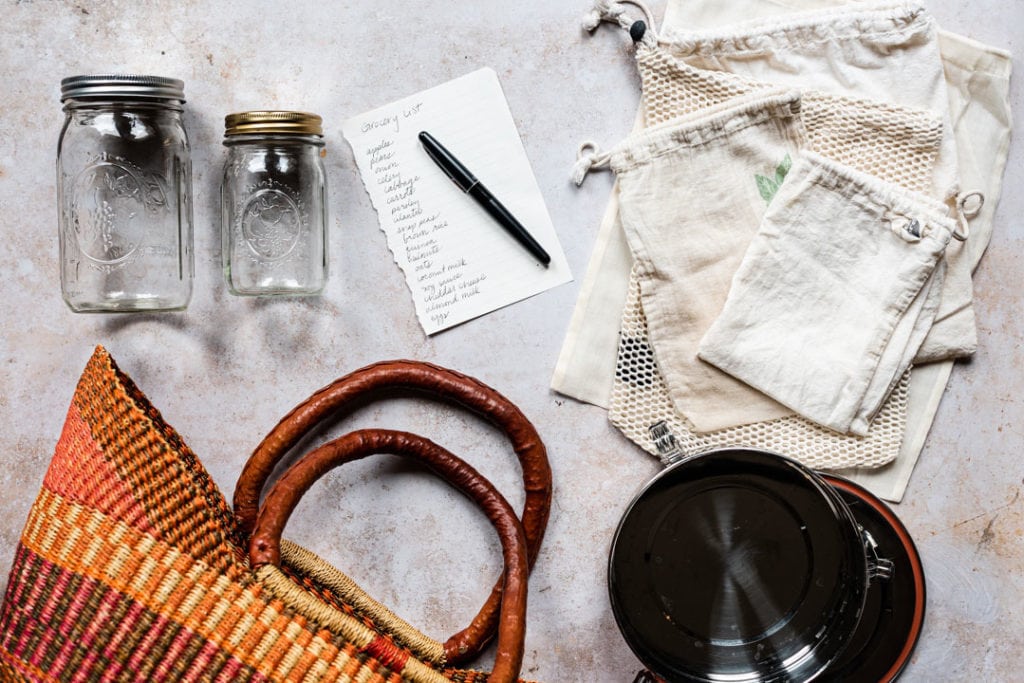
Hi there! Below you'll find affiliate links to great products that we enjoy using in our own kitchen. As an Amazon Associate I earn from qualifying purchases.
Have a plan before you go
Check out the flyer for your local grocery store, and consider what's in season before planning your meals. If you plan to shop at your local farmers market, you may need to wait to plan your meals until after you see what's available at the market. CSAs and community gardens are also great options for finding produce and other products sans packaging.
It's a good idea to check what you already have so you don't double up on ingredients at home. Once you have your meals planned, write a list of everything you're going to buy. At this point I also double check that I have enough
It's also good to think about what other containers you may need too. Jars, glass food containers, stainless steel tins. Determine the tare weight (the empty weight) before heading to the store (some places have scales to weigh your container, but not every store has this available). I don't usually tare my bulk bags because they're so light, but if you purchase bulk bags, they often have the weight listed on them.
Where to get your food
Great ways to get zero waste food is to grow your own, and shop your local farmers markets. Though colder climates can limit the growing season, which means many items are not available year round.
Look for bulk stores near you!
Explore the BulkFinder app or Litterless to see what stores in your area carry bulk. To clarify, buying in bulk and buying from bulk are different. When you buy in bulk, you're getting large quantities (think Costco and Sam's Club). When you buy from bulk, the products are loose and you can purchase as much or as little as you'd like.
Many regular grocery stores sell from bulk bins now, especially for pantry staples like oats and rice. I love shopping local Co-ops when I find them or stores like Sprouts, Fresh Thyme and Whole Foods, as they tend to carry more healthy items and less "unhealthy" products - though they're still there! And they generally have plenty of bulk items and even milk in a glass container that you can return to the store to be reused.
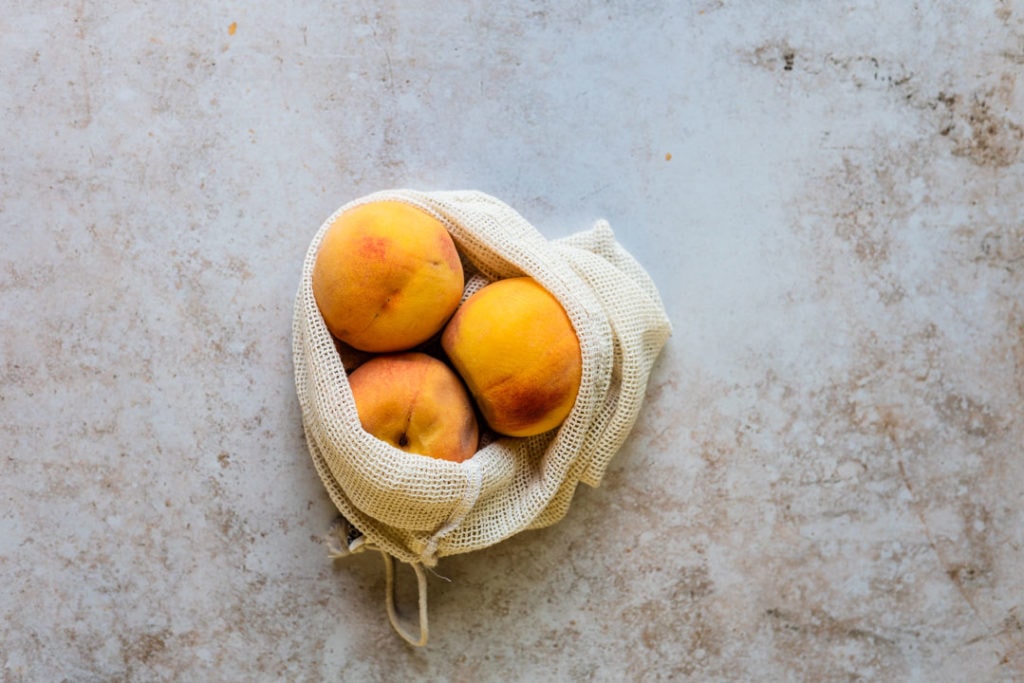
At the store
When buying in bulk, take note of the PLU for each bulk item (you can write it on your list, write it on the container with a washable pen or wax pencil (for glass) or take a picture. Don't forget your reusable grocery bags and bulk bags!
The bulk of what we purchase comes from the produce section and I really find no need to use plastic produce bags - I'm going to wash everything when I get home. If I'm buying several items (apples, lemons, limes), I'll usually just leave them loose, but you can also use mesh produce bags. Keep your produce naked! Packaging produce is completely unnecessary since you're going to wash it once you get home anyway.
Buying in packaging?
Look for products that are recyclable or reusable - cans without BPA, glass (Check to see if it can be recycled in your area), cardboard and metal are more recyclable than their plastic counterparts.
Buying without packaging
Meats & cheeses - Bring your own container and ask to use your container - tare the weight and then fill it. You can do this for anything behind the meat counter. You can also do the same with cheeses or look for a local cheese shop. For those in Colorado, the Fox & the Crow in Fort Collins is a great resource!
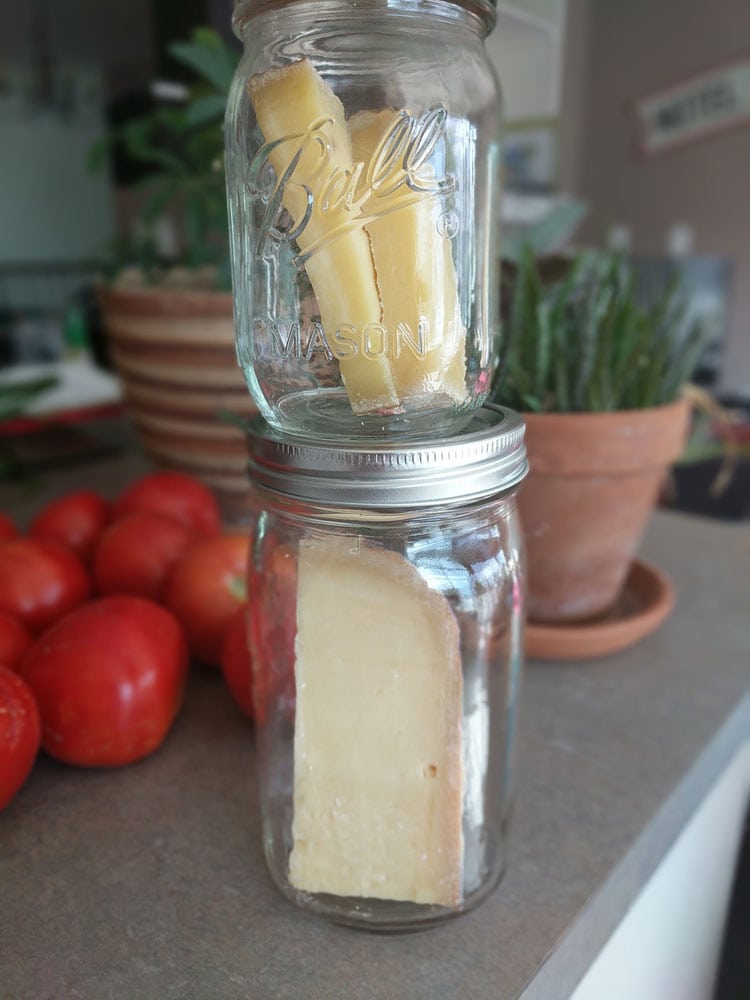
A note on eating meat - reducing meat consumption can be a great step toward more sustainable eating. If you do choose to eat meat, look for grass-fed and pasture-raised. And it's even better to talk to the farmer about his/her practices. Find them at your local farmers market and ask away! Read our post on grass-fed beef for more info. Opting for more plant-based eating is better for your health and the planet!
Honey - we generally get ours from a local beekeeper in Fort Collins, and we get a discount for bringing our own
Nut butters - bring your own jar for the store-ground butters or get nuts and make your own nut butters at home.
Breads and baked goods - some places have unpackaged bread, and some don't. Bring your own bag to a bakery for the best zero waste bread. Someday we'll start making our own bread at home...
Other tips
Bring jars for bulk liquids like soaps, oils, and vinegars.
Keep your bags in the car so if you need to stop for a couple things, you'll have them handy.
If you don't have access to bulk, get pantry staples like rice and oats in the largest container possible (that you'll eat before it goes bad!) to reduce extra packaging. You can also look for more sustainable packaging.
Also look for Terracycle - they recycle things that can't easily be recycled - toothpaste tubes, chip bags. We do buy chips every once in a while, but we make sure the bags of chips we buy can be recycled through Terracycle.
Avoid the receipt if possible. Many places will print it regardless of it you say you do or don't want a receipt.
Start small!
Don't get overwhelmed. Striving for zero waste is all about taking one little step at a time. We aren't perfect with it, but we're always striving to take our zero waste efforts one step further!
What do you do to reduce your waste at the grocery store?
Disclaimer: Some of the links above are affiliate links. This means that should you purchase something through the link, The Crooked Carrot will receive a small commission. The item cost remains the same regardless of whether you purchase through our link or not. Any commission earned simply helps us continue to provide all our great content to you. From seasonal recipes to simple nutrition insights & sustainable zero waste tips, we have lots more to give!


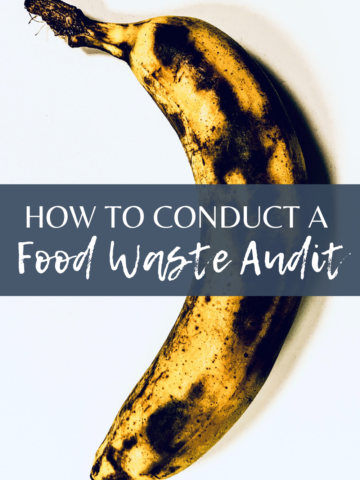
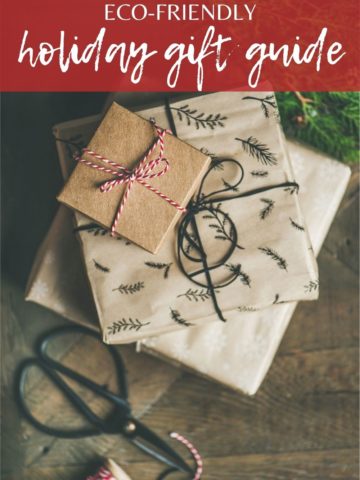
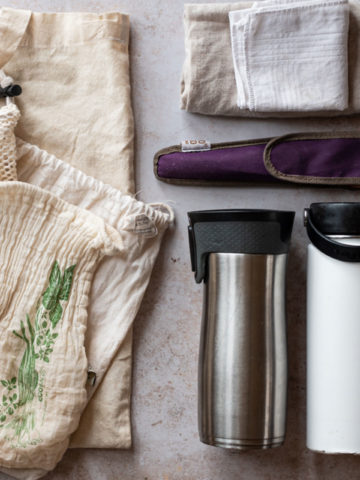
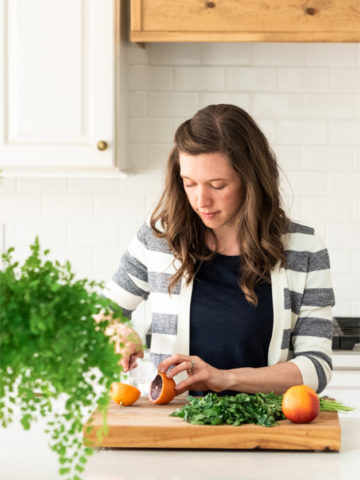
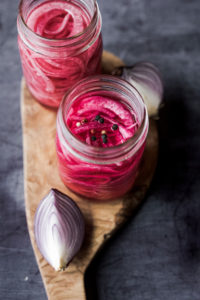
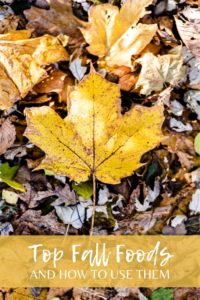
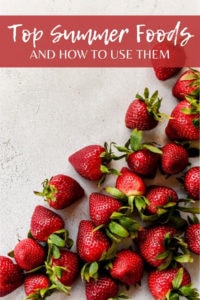
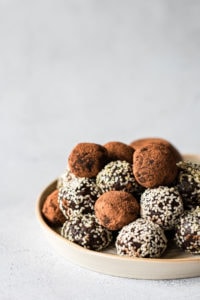
Leave a Reply